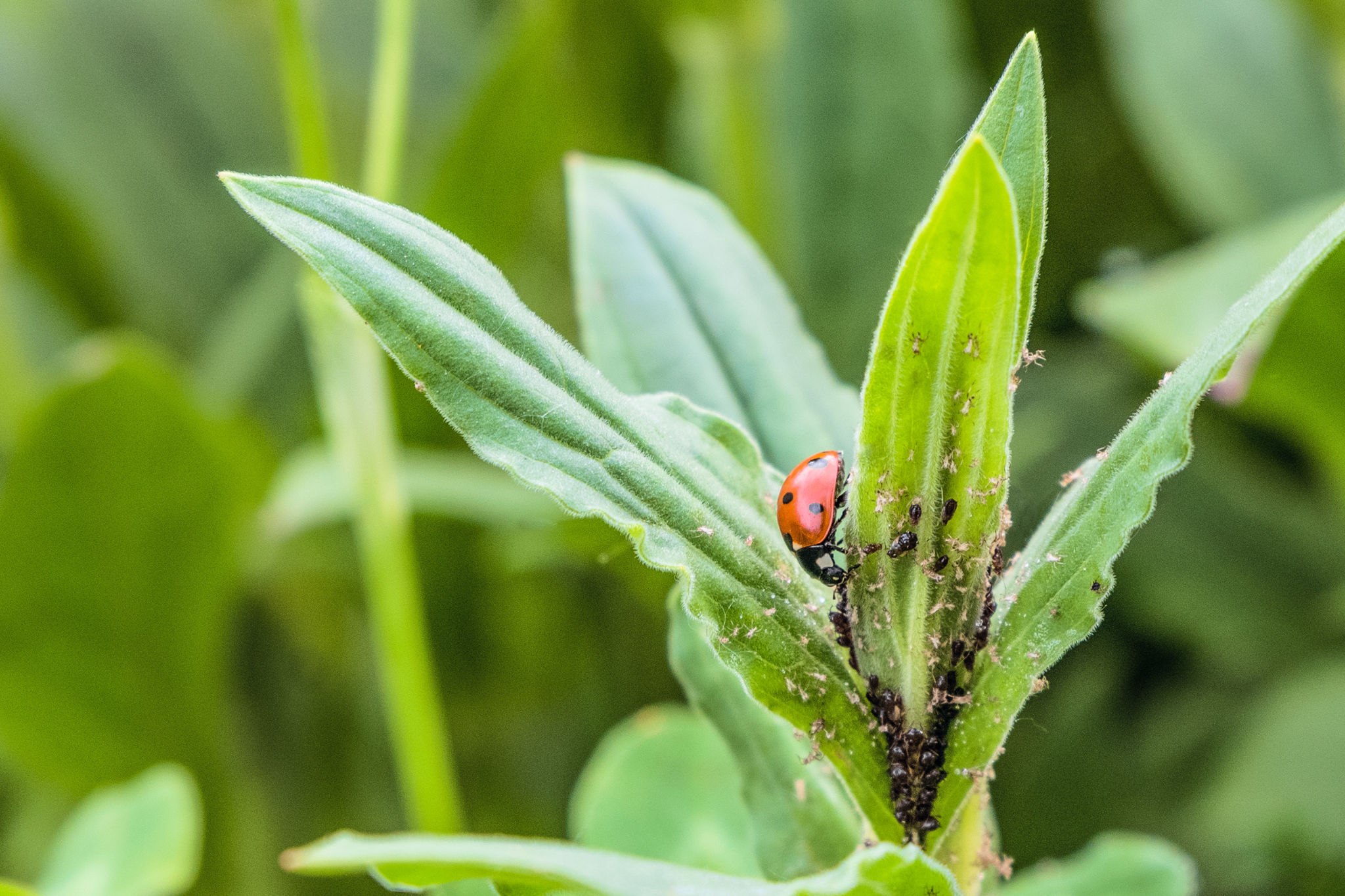The Ultimate Guide to Chemical-Free Pest Control Options for Your Home
As homeowners become more conscious about their environmental impact, the demand for chemical-free pest control options is on the rise. Not only are these methods safer for your family and pets, but they also contribute to a healthier ecosystem. This guide will explore various natural strategies to keep your home pest-free without resorting to harmful chemicals.
Why Choose Chemical-Free Pest Control?
Opting for chemical-free pest control offers several benefits. Firstly, it eliminates the risk of exposing your family to toxic substances that can cause health issues. Additionally, natural methods are often more sustainable and eco-friendly, reducing your carbon footprint. Finally, these solutions can be just as effective as their chemical counterparts when implemented correctly.

Prevention Techniques
Seal Entry Points
The first line of defense against pests is preventing them from entering your home. Inspect your property for cracks and gaps in walls, windows, and doors. Use caulk or weatherstripping to seal these entry points and keep unwelcome visitors out.
Maintain a Clean Environment
Pests are attracted to food and water sources, so maintaining a clean home is crucial. Regularly dispose of garbage, clean up spills immediately, and store food in airtight containers. By eliminating these attractants, you can significantly reduce the likelihood of an infestation.

Natural Pest Repellents
Essential Oils
Essential oils are a popular choice for natural pest control. Oils like peppermint, lavender, and tea tree have properties that repel insects such as ants, spiders, and mosquitoes. Simply mix a few drops with water in a spray bottle and apply to areas where pests are common.
Diatomaceous Earth
Diatomaceous earth is a natural powder made from fossilized algae. It works by dehydrating pests like bed bugs, fleas, and cockroaches upon contact. Sprinkle it in areas where you notice pest activity, but be sure to use food-grade diatomaceous earth to ensure safety.

Biological Control Methods
Introducing natural predators into your garden can help control pest populations without chemicals. Ladybugs, for example, are excellent at controlling aphid populations. Encourage these beneficial insects by planting flowers like daisies and marigolds.
Another effective biological method is using nematodes—microscopic worms that feed on soil-dwelling pests like grubs and termites. Nematodes can be purchased from garden centers and are harmless to humans and pets.

Conclusion
Adopting chemical-free pest control methods not only protects your health but also supports environmental sustainability. By focusing on prevention, using natural repellents, and employing biological controls, you can effectively manage pests in your home. Start implementing these strategies today to enjoy a safer, healthier living space.